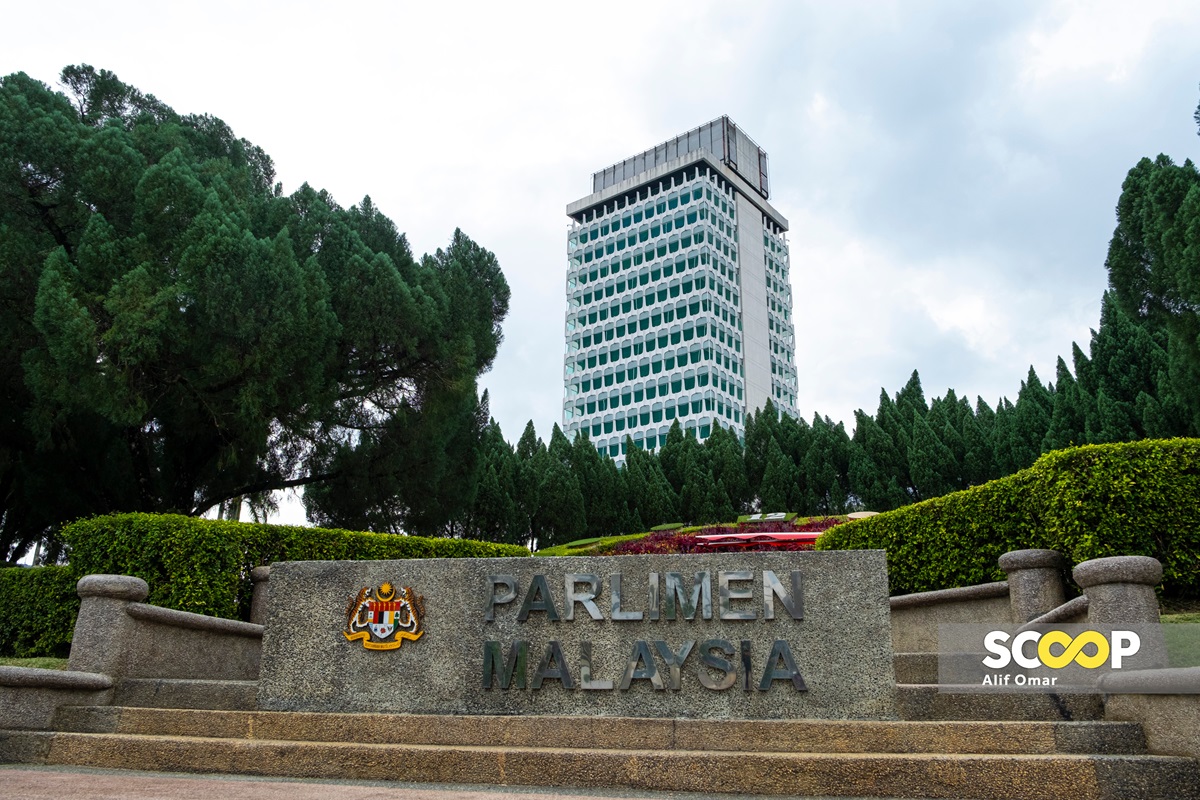THE Malaysian Parliament, the seat of the country’s laws and governance, is expected to be a symbol of integrity, professionalism, and responsibility. Yet, the state of its cafeteria – which serves daily meals to the very lawmakers entrusted with the nation’s welfare – tells a different story altogether. The lack of maintenance, poor food handling, and overall unhygienic conditions within this institution’s dining space expose a troubling truth: the apathy that defines the Parliament’s approach to the simplest of tasks reflects a broader indifference in Malaysia’s society at large.
It is a glaring irony that a place meant to be the heart of Malaysia’s political decision-making houses a cafeteria that fails to meet even the most basic standards of cleanliness. Reports from parliamentarians and visitors alike have highlighted the unpleasant conditions: food items left uncovered, waste accumulating in corners, and an overall lack of basic sanitation practices. This is the environment where the lawmakers, who are meant to protect the interests of the nation’s 34 million citizens, dine daily. How can they possibly advocate for the health, safety, and well-being of the nation when they can’t even care for the spaces where they eat?
A visit to the Parliament cafeteria reveals a lack of attention to detail that could be found in many poorly maintained eateries across Malaysia. A casual glance at the counters might show food being left out for too long, causing contamination risks. Tables and chairs often appear unclean, with spills and crumbs left unattended for hours. Such conditions are hardly uncommon in many public spaces around the country, but it is particularly concerning when the issue arises within a place designed for the country’s leaders.
The apathy displayed by Parliamentarians in this matter underscores a larger, more disturbing trend in Malaysian society: an alarming disregard for cleanliness and maintenance in public spaces. Walk into many local eateries or government buildings around the country, and one is often greeted by the same disheartening sight. Cafes and restaurants in major cities like Kuala Lumpur, Penang, and Johor Bahru are plagued with similar hygiene issues. In some cases, restaurants that once boasted a loyal following have become notorious for poorly maintained bathrooms, unsanitary kitchen areas, and expired food items on the menu.
Take, for example, some of the once-popular eateries in Petaling Jaya. Once proud landmarks, these restaurants have seen a steady decline in their standards, leaving patrons dismayed and reluctant to return. Dirty floors, uncleaned tables, and rotting food are common complaints, along with visible rats or cockroaches in some unfortunate cases. These aren’t isolated incidents either – they reflect a larger national issue that plagues eateries across the country.
But it’s not just restaurants that are suffering. Public toilets, which should serve as a basic necessity for cleanliness and comfort, are often poorly maintained, even in well-frequented areas like shopping malls and transport hubs. The public’s frustration is palpable – dirty, smelly, and often lacking in essential facilities. Yet these issues persist because of the same lackadaisical attitude that governs so much of the maintenance and public service sectors in Malaysia.
It is, of course, easy to blame low-level staff for these lapses, but the real responsibility lies with those at the top. In the case of the Parliament cafeteria, the issue cannot be dismissed as one of poor management alone. The lack of intervention or care from the elected representatives themselves suggests a broader cultural problem. The leaders, who are entrusted with managing a nation, do not seem to hold the same standards of professionalism in their own daily routines. If they do not care about the spaces that serve them, how can they be expected to care for the millions of Malaysians who rely on them for governance?
The same lack of concern extends to other public issues – from waste management to public parks to community halls. Malaysians often complain about the rising waste levels in public spaces, and the lack of regular cleanup. Yet, the local authorities often fail to act quickly or effectively. Littering in streets and public parks has become so widespread that it no longer raises eyebrows. It’s a culture of indifference, a result of years of neglect, where poor habits have been normalized.
This indifference is costly. Public health is directly impacted by poor food handling and hygiene standards, and environmental sustainability is undermined by waste mismanagement. Most crucially, however, it undermines the very ethos of leadership and responsibility. If the nation’s lawmakers are content to overlook these basic issues within their own workplace, how can they be trusted to manage larger, more complex national challenges?
What is clear from the dismal state of Parliament’s cafeteria, and the larger malaise that permeates the country’s public spaces, is that Malaysia is in desperate need of a cultural shift. It is not enough to pass laws or issue directives; the attitudes of both the public and the leaders must change. There must be an understanding that leadership begins with the smallest acts – whether that means keeping a cafeteria clean, maintaining public restrooms, or ensuring that the food we eat is safe and hygienic.
For now, the Malaysian Parliament cafeteria stands as a stark reminder of how a country’s leaders, who are entrusted with great power and responsibility, can lose sight of even the most basic duties. Until they begin to take these issues seriously, the apathy that plagues Parliament will continue to echo throughout the country, affecting everything from public health to the very way Malaysians interact with their environment.
In the end, it is not just the cafeteria that is in poor shape – it is the attitude of those who should be leading the way. And that is a far more dangerous thing to overlook. I wonder how are the toilets at our parliament? – November 15, 2024
Ravindran Raman Kutty has over 40 years in the communications industry

